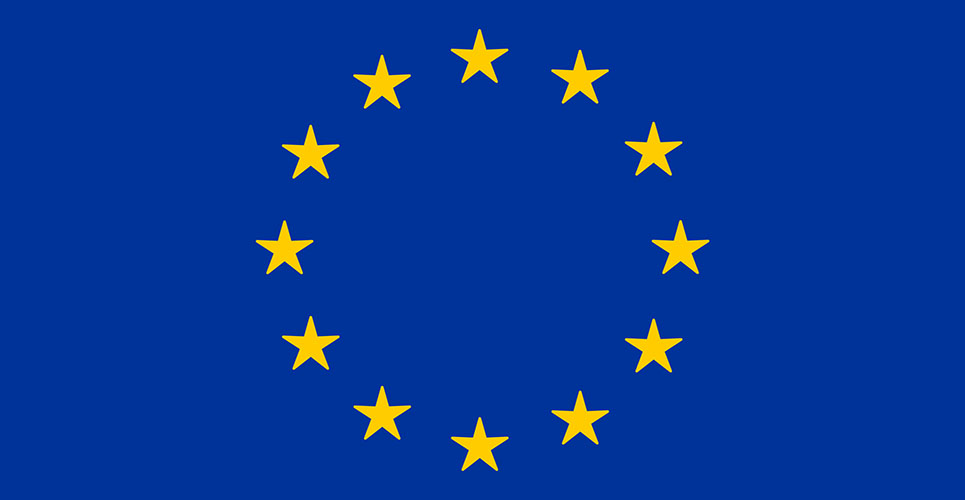teaser
Brian Edwards CBE
Emeritus Professor of Healthcare Development
University of Sheffield
UK
The Irish may have set a major public health trend with their ban on smoking at work and in pubs and restaurants. They met little public opposition, and for the most part the ban seems to be working. England now plans to go down the same road, with a ban on smoking in enclosed public places and workplaces by the end of 2007 and in restaurants by 2008. The target is to reduce the number of people who smoke by two million over the next five years. Other countries may now follow suit, and one suspects that the European Parliament will shortly have a view on the matter. It is, after all, the policy with the greatest potential to save lives. Banning smoking in the workplace creates special pressures for the health sector itself. Does the ban extend to patients in psychiatric hospitals or nursing homes? It surely must if the aim is protect staff, but making the ban stick will be problematic and, some might argue, raise the risk levels for staff working in the forensic area. Those parts of the industry with antismoking products can expect a huge upsurge in demand.

The other features of the English public health plan are a drive to overhaul sexual health services and reduce waiting times for access to services. The public health professionals would like immediate access but may settle for 48 hours. In England, 1 in 10 sexually active young women are infected with chlamydia.
Food labelling is to be clearer, and the food industry has been told to limit advertising targeted at young children. A European-wide regulation on food labelling may now be close to completion. Processed food should be subjected to a regulation similar to that which governs the pharmaceutical industry. One unusual aspect of the English plan is the introduction of personal health trainers into primary care services. Internet-based services are to offer advice on exercise regimes and diet.
Given that public health is the one area where the European Community has a clear role to play, it is surprising that a serious public health plan has not yet been drafted by the Commission. Food labelling is a market as well as a health issue, and there are significant economic consequences of a ban on smoking. It is time to talk first, and then to act. The creation of a new commission, based in Luxembourg, to coordinate public health policy will help, as will the creation of the European Centre for Disease Prevention and Control. The Centre is designed to strengthen Europe’s defences against infectious diseases such as SARS, influenza and HIV/AIDS. The Centre’s management board is now in place, and a director was expected to be appointed in December. At last it seems the Commission is taking the health agenda seriously.

